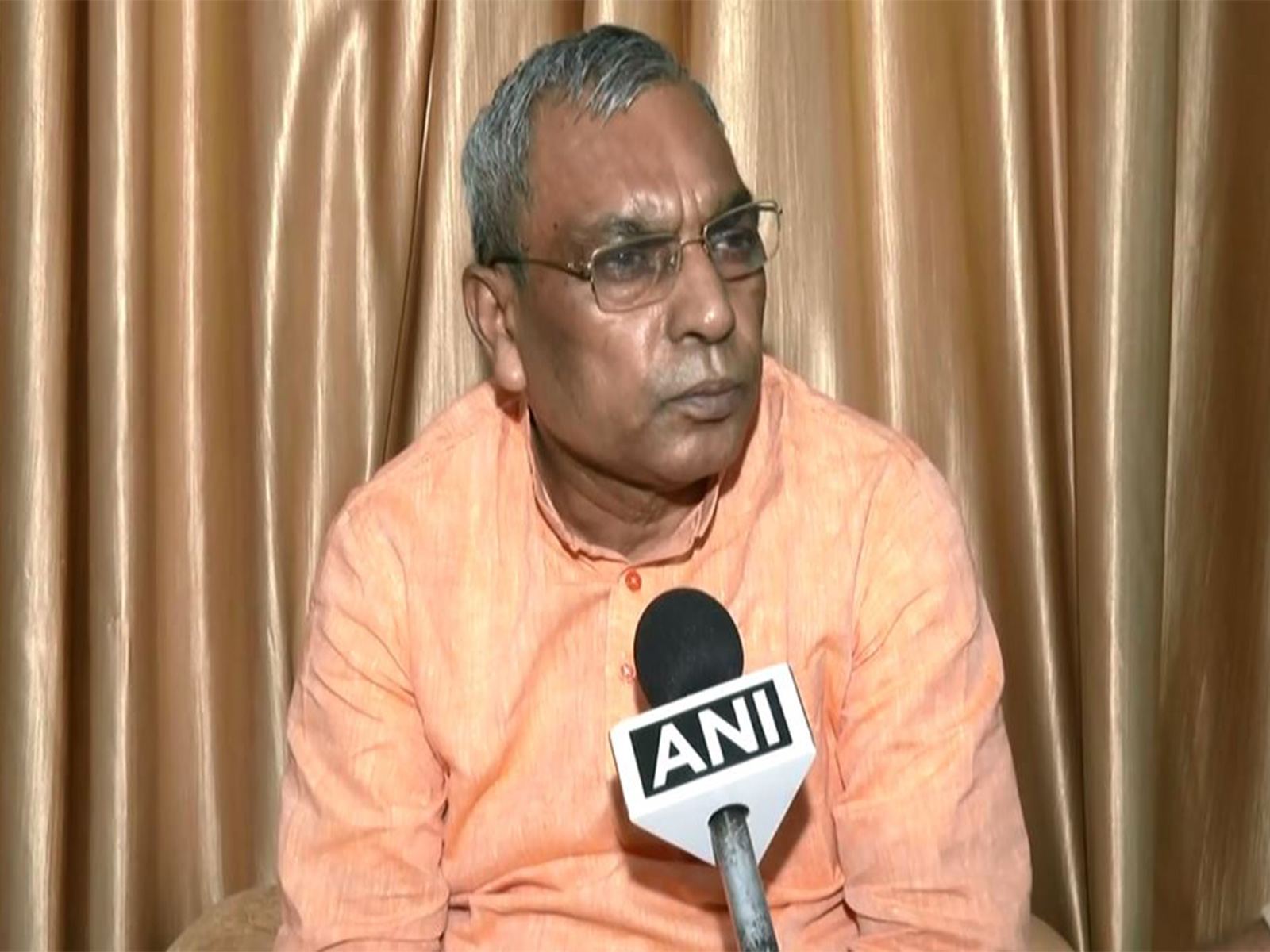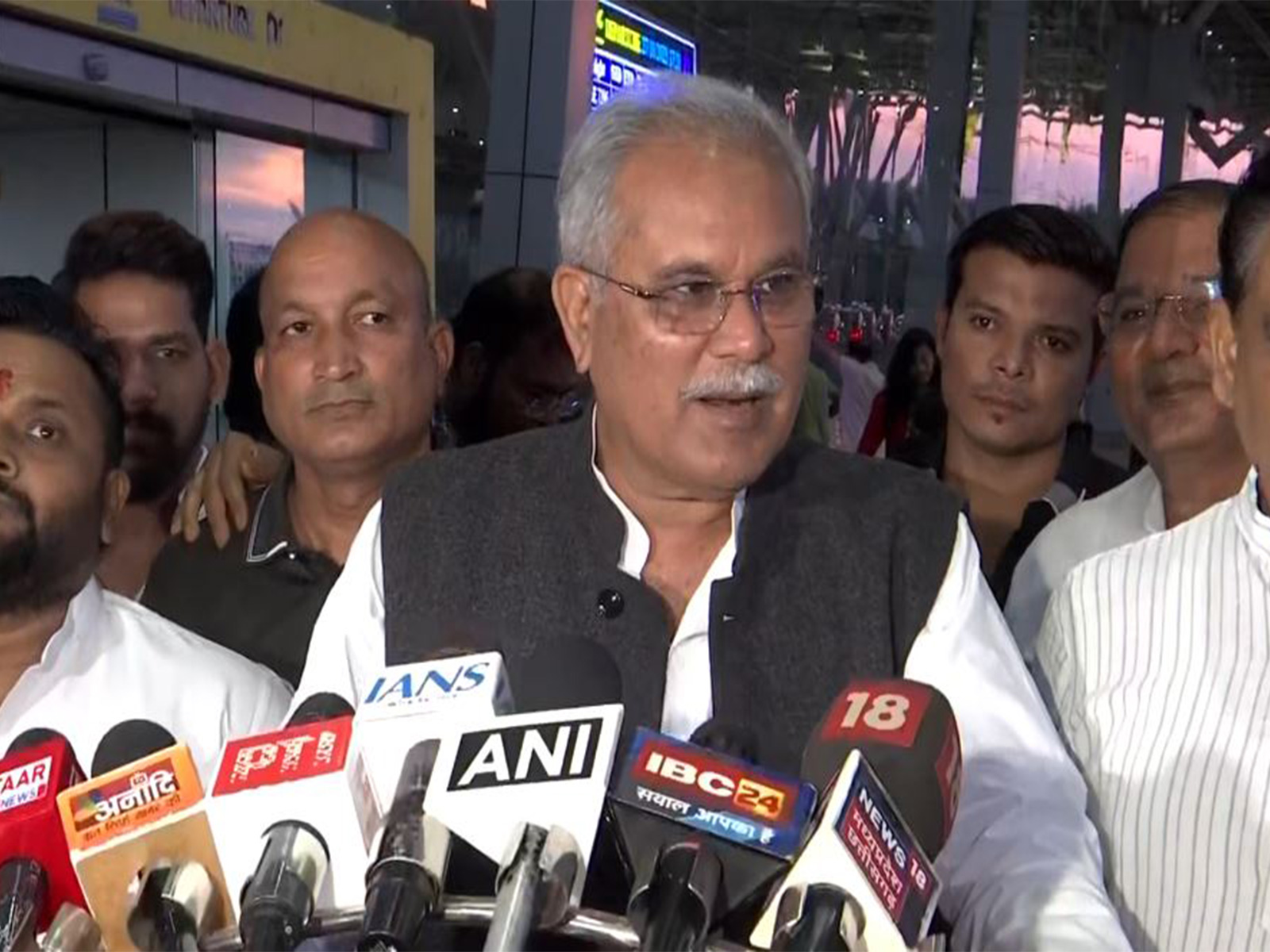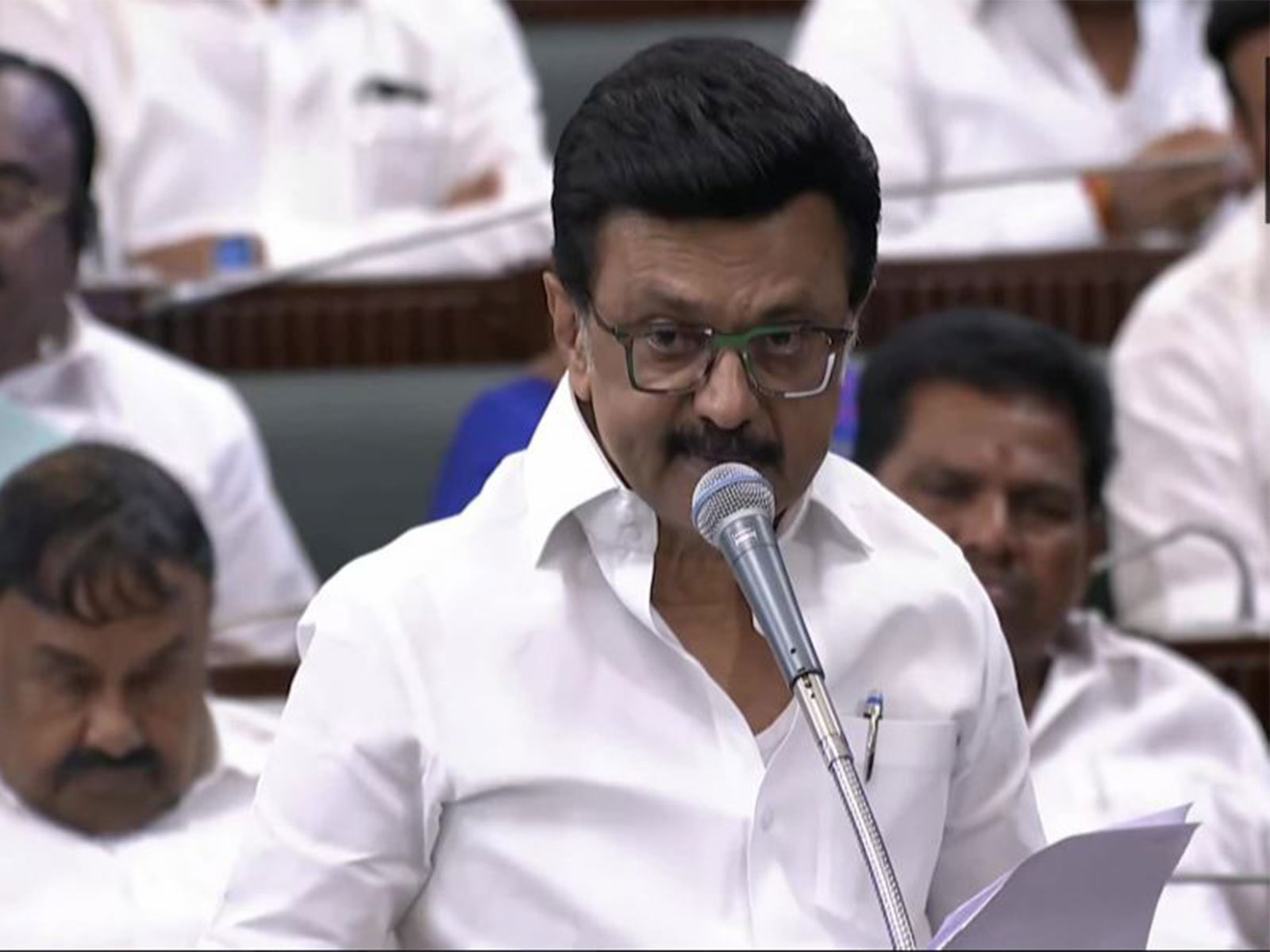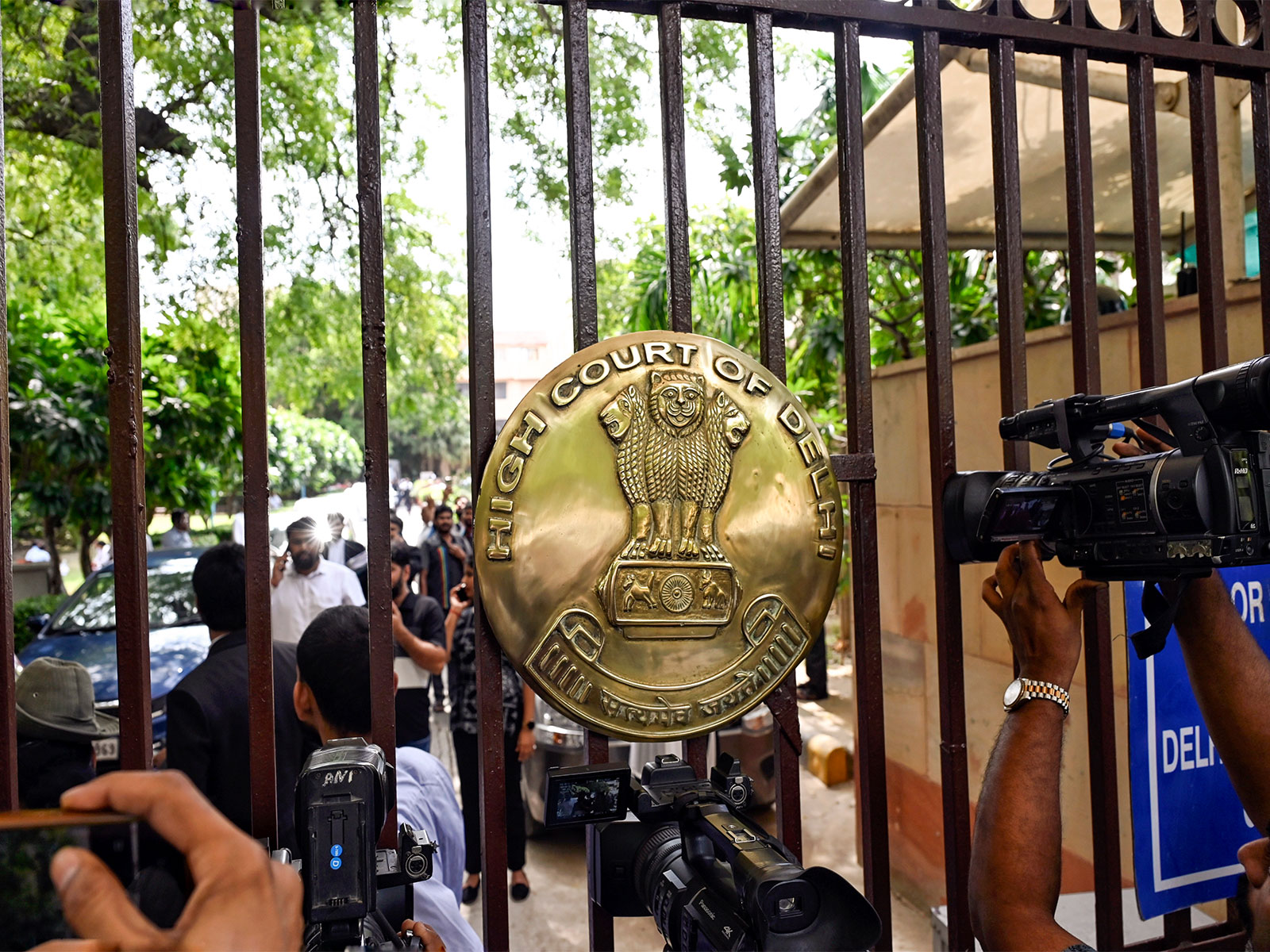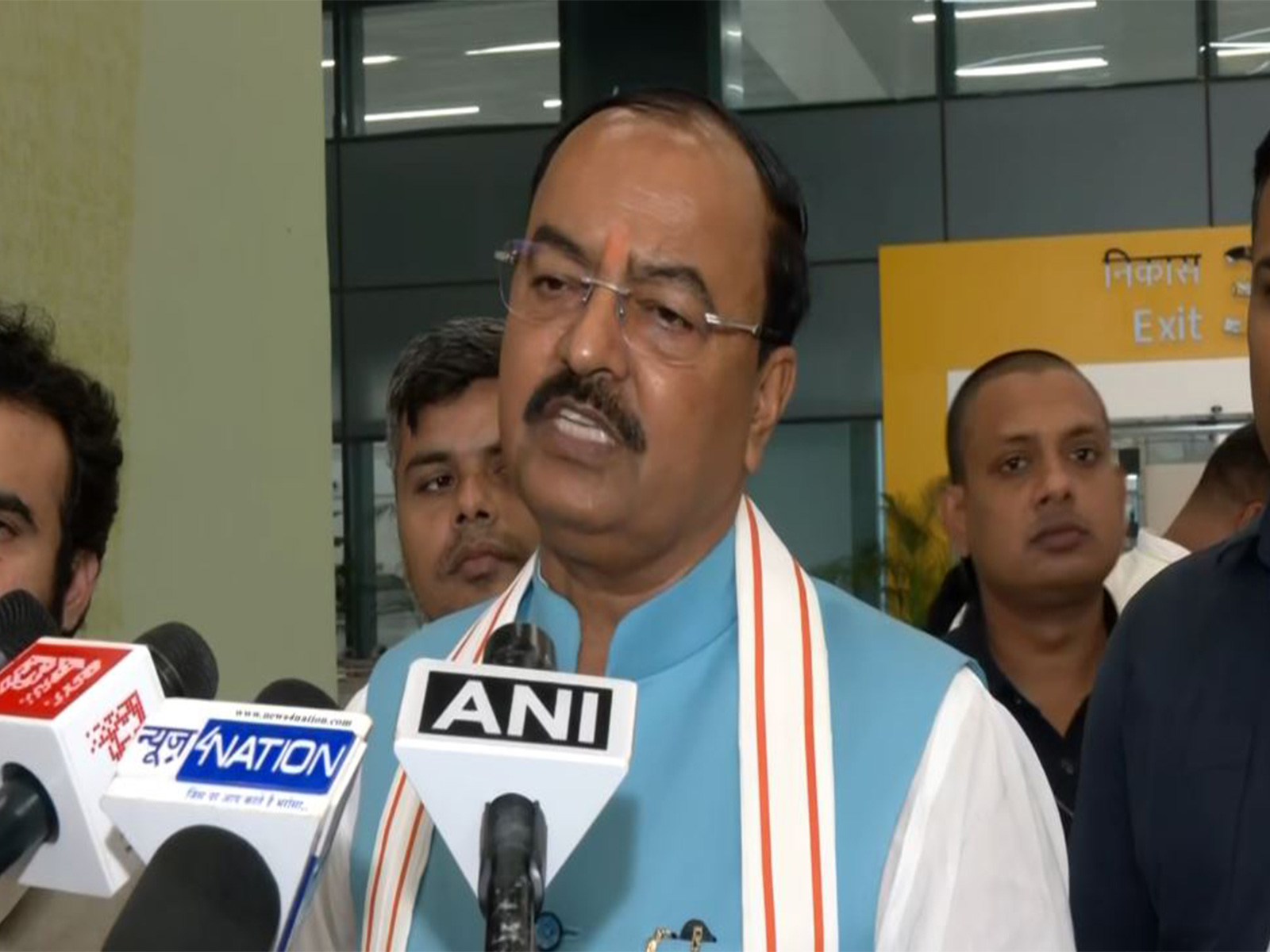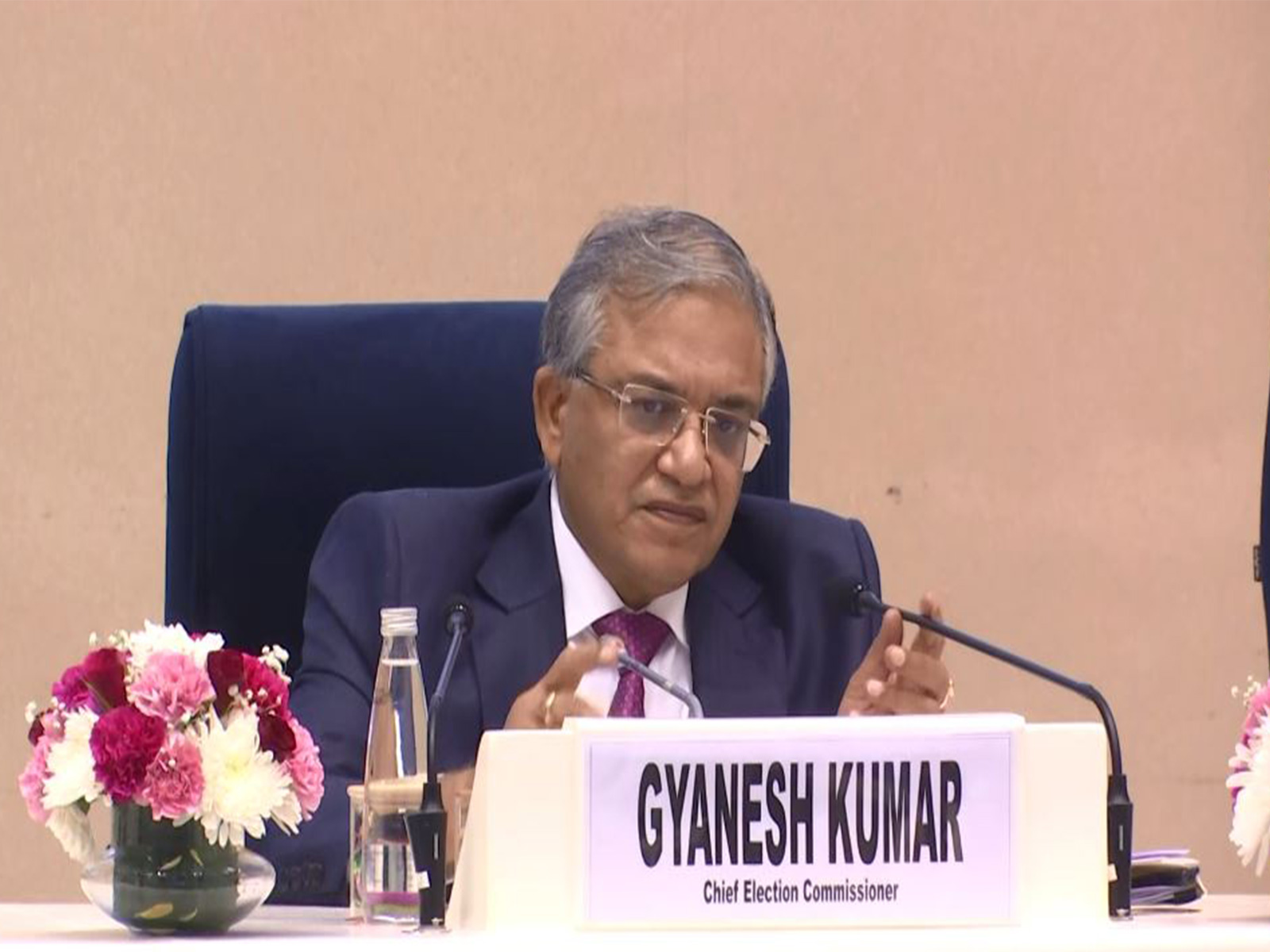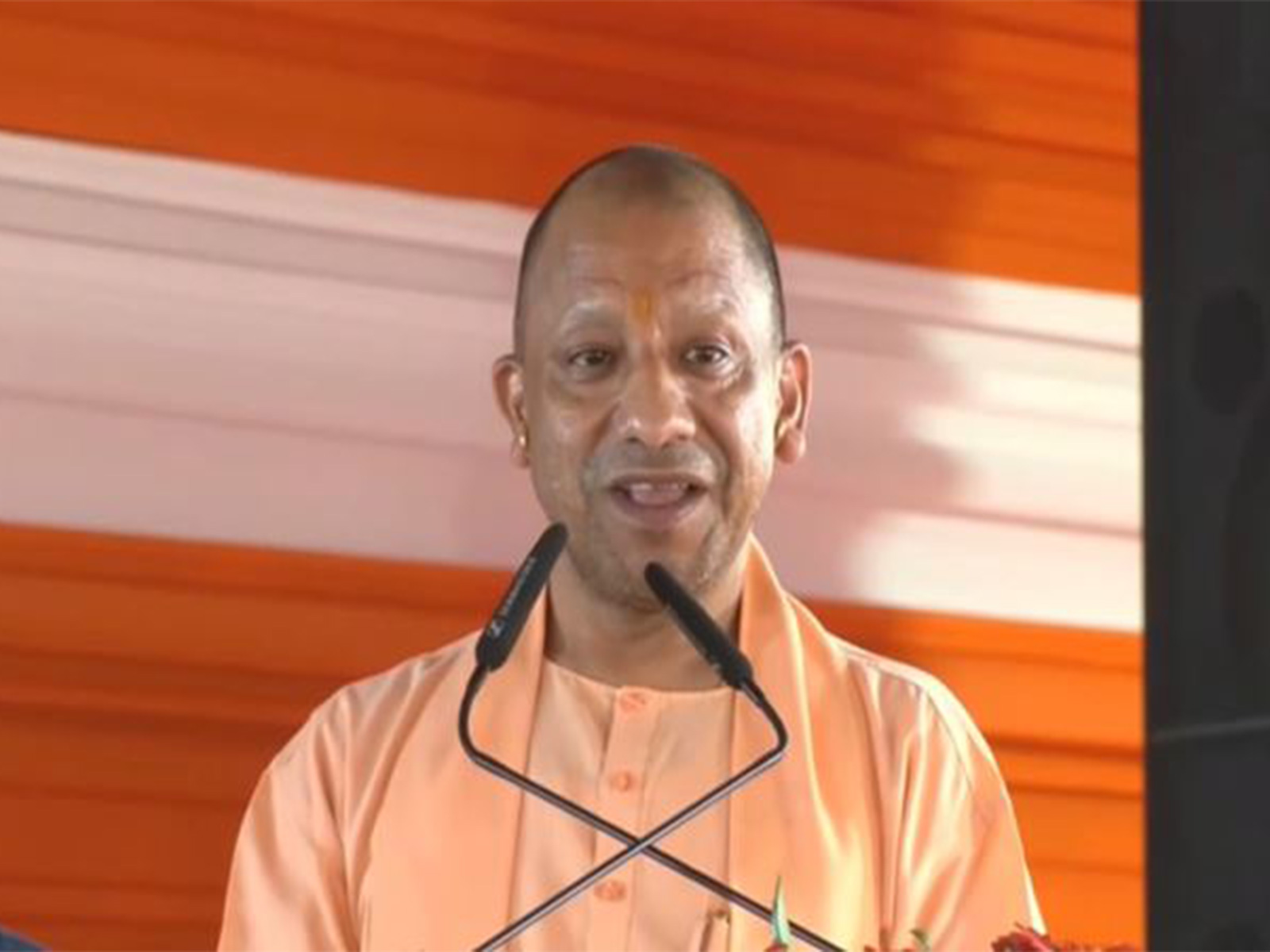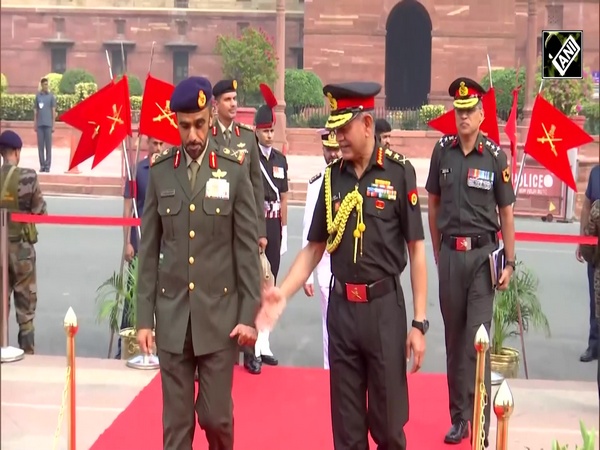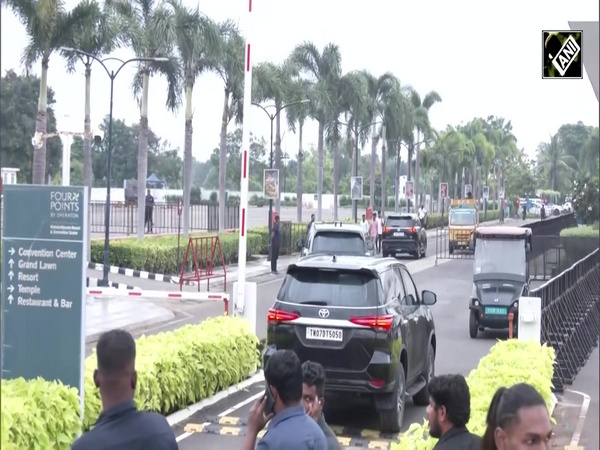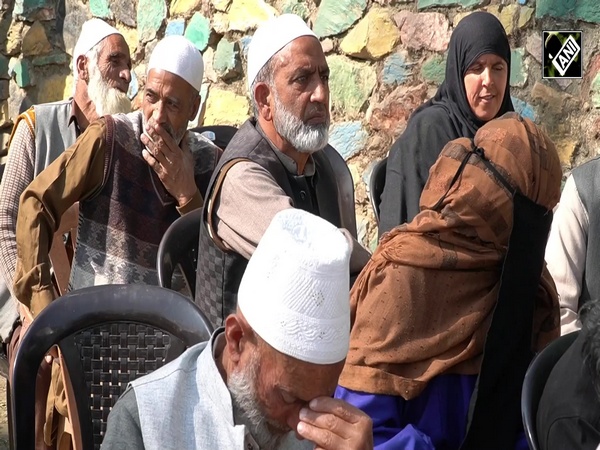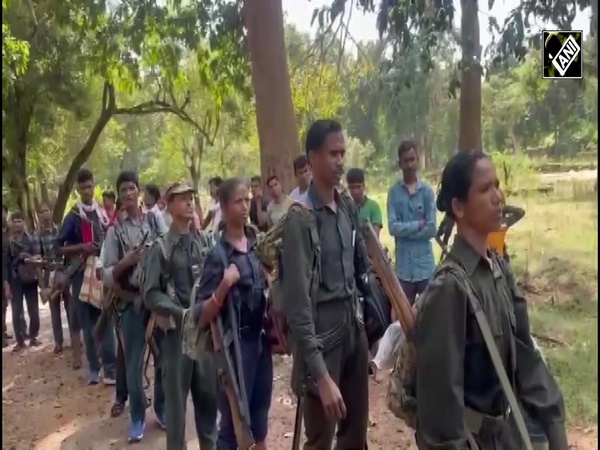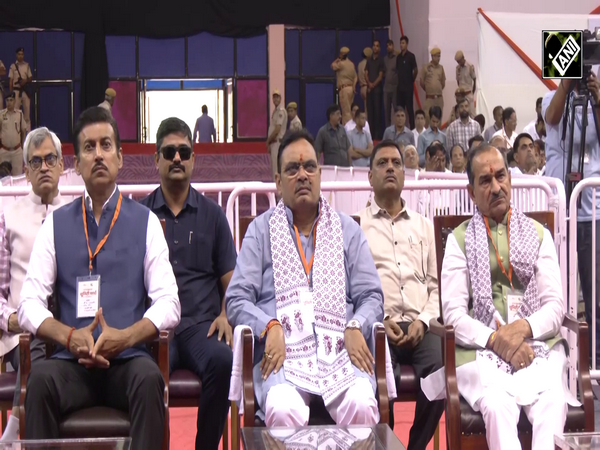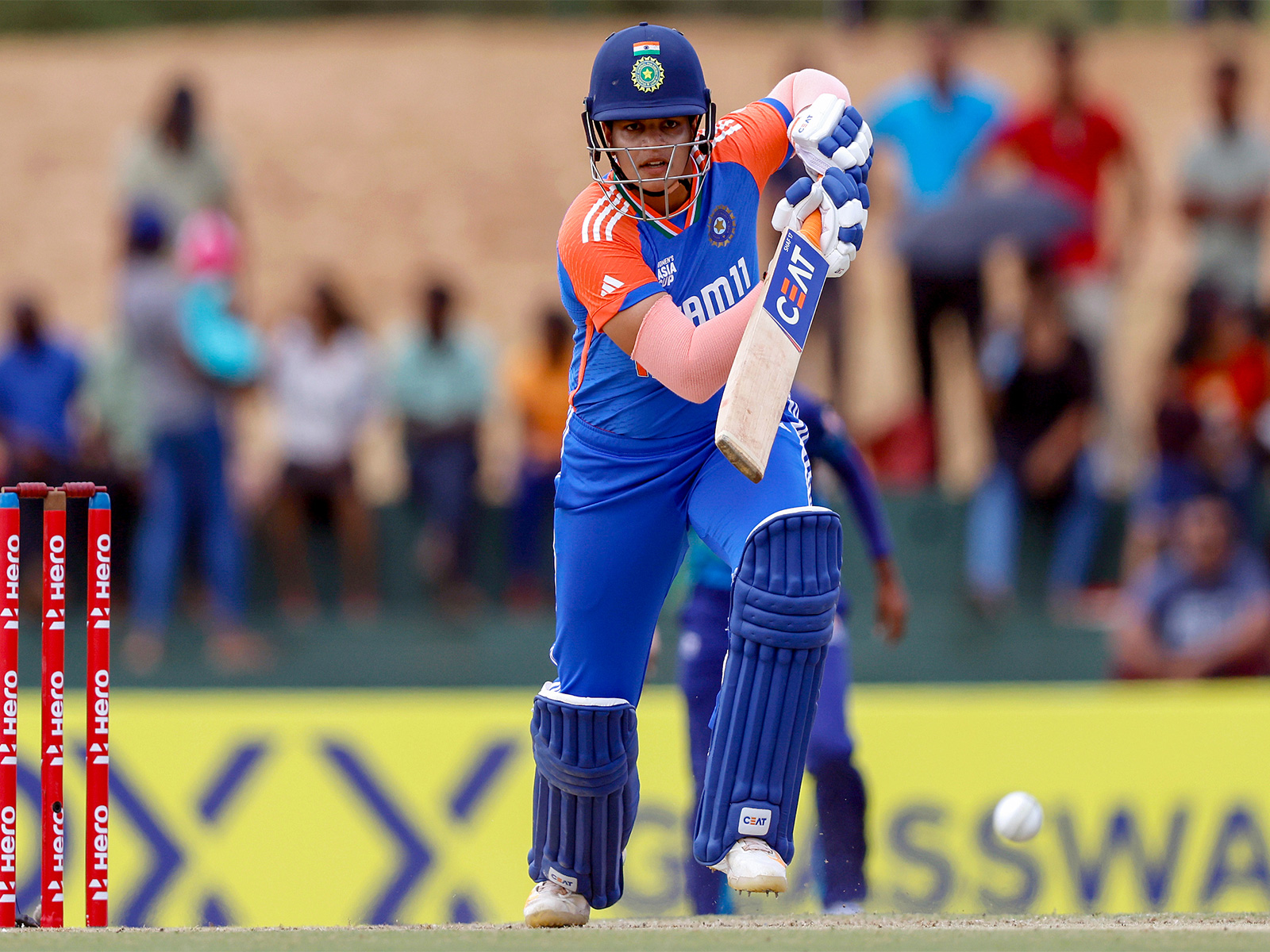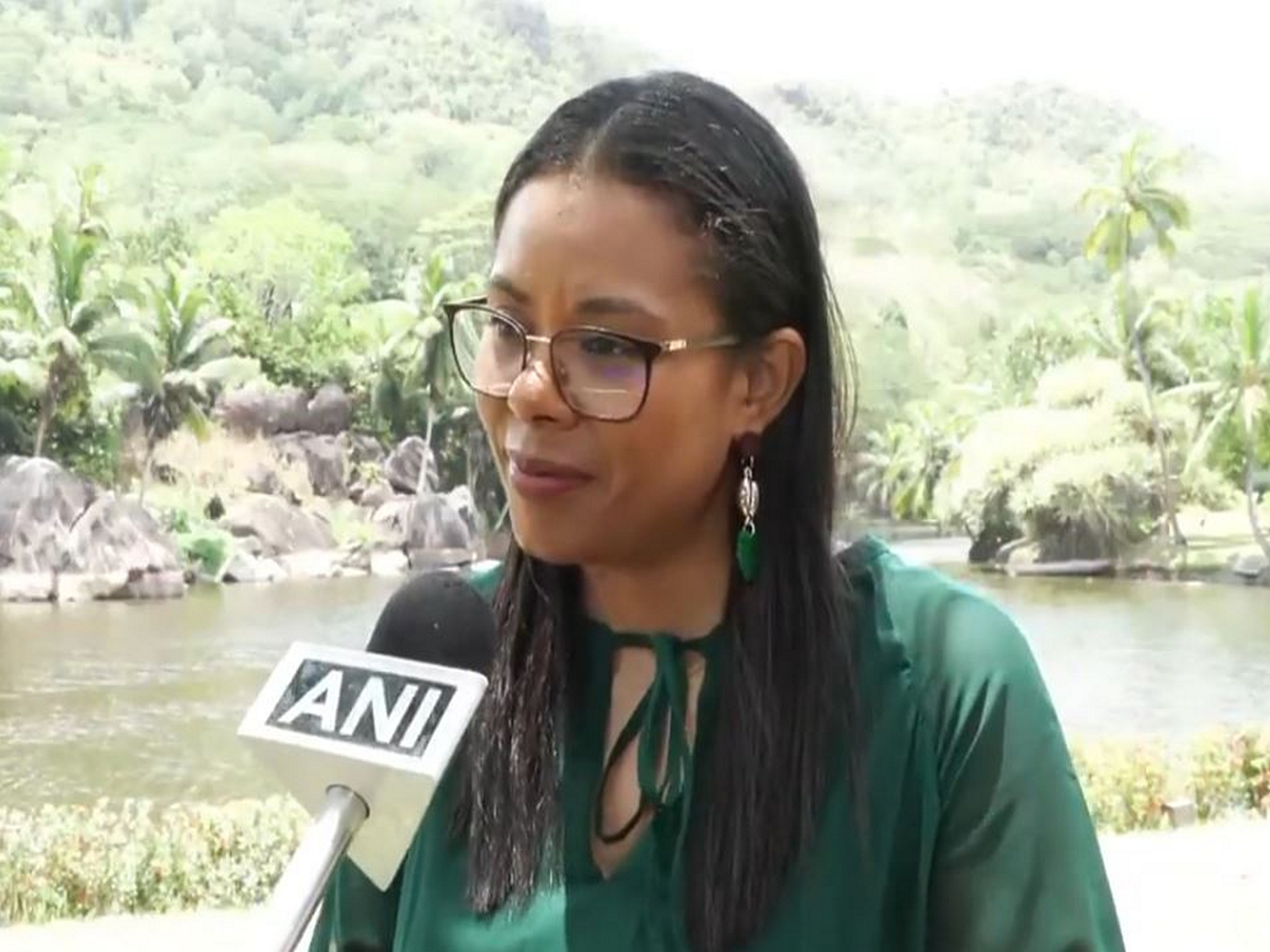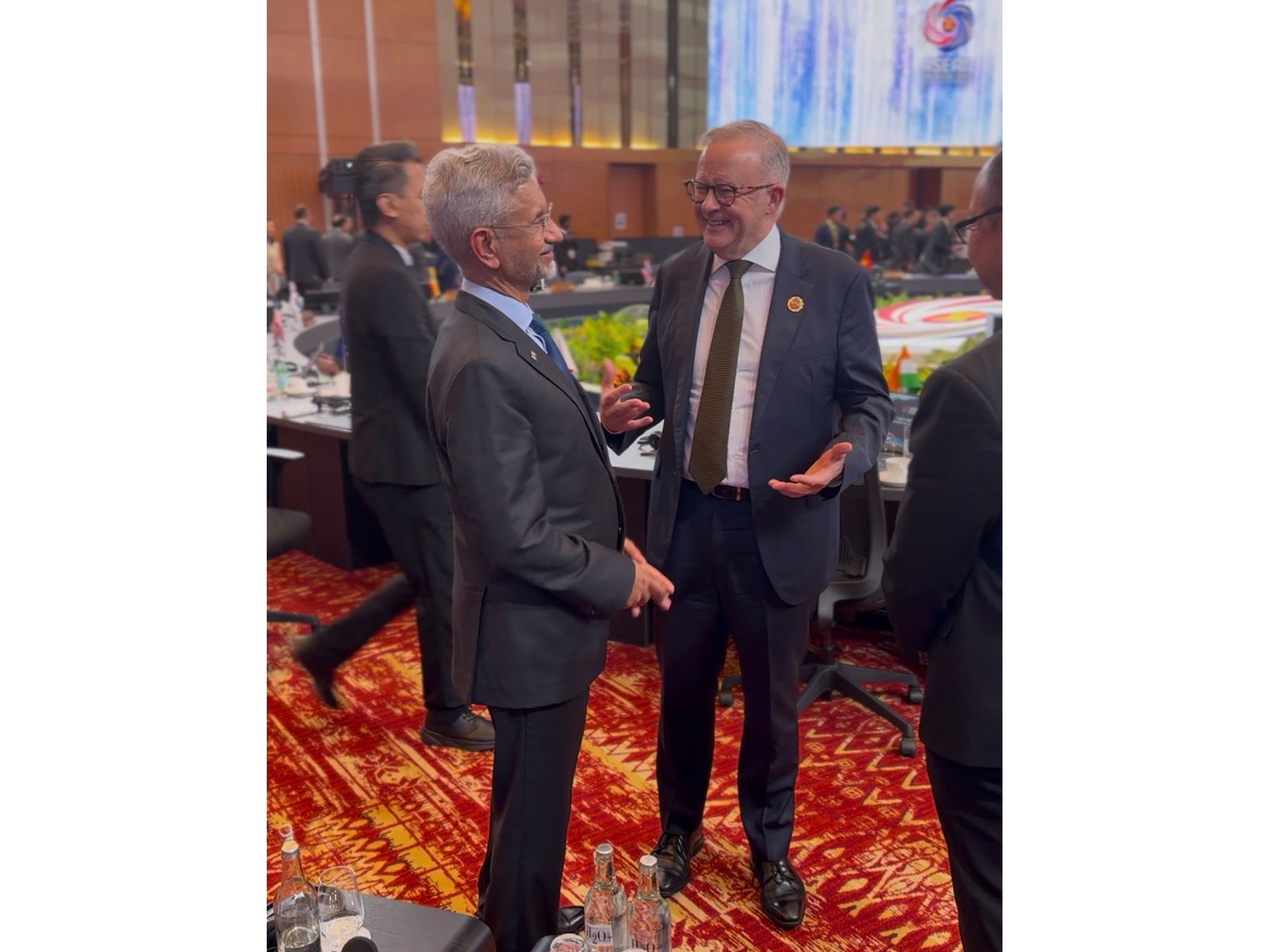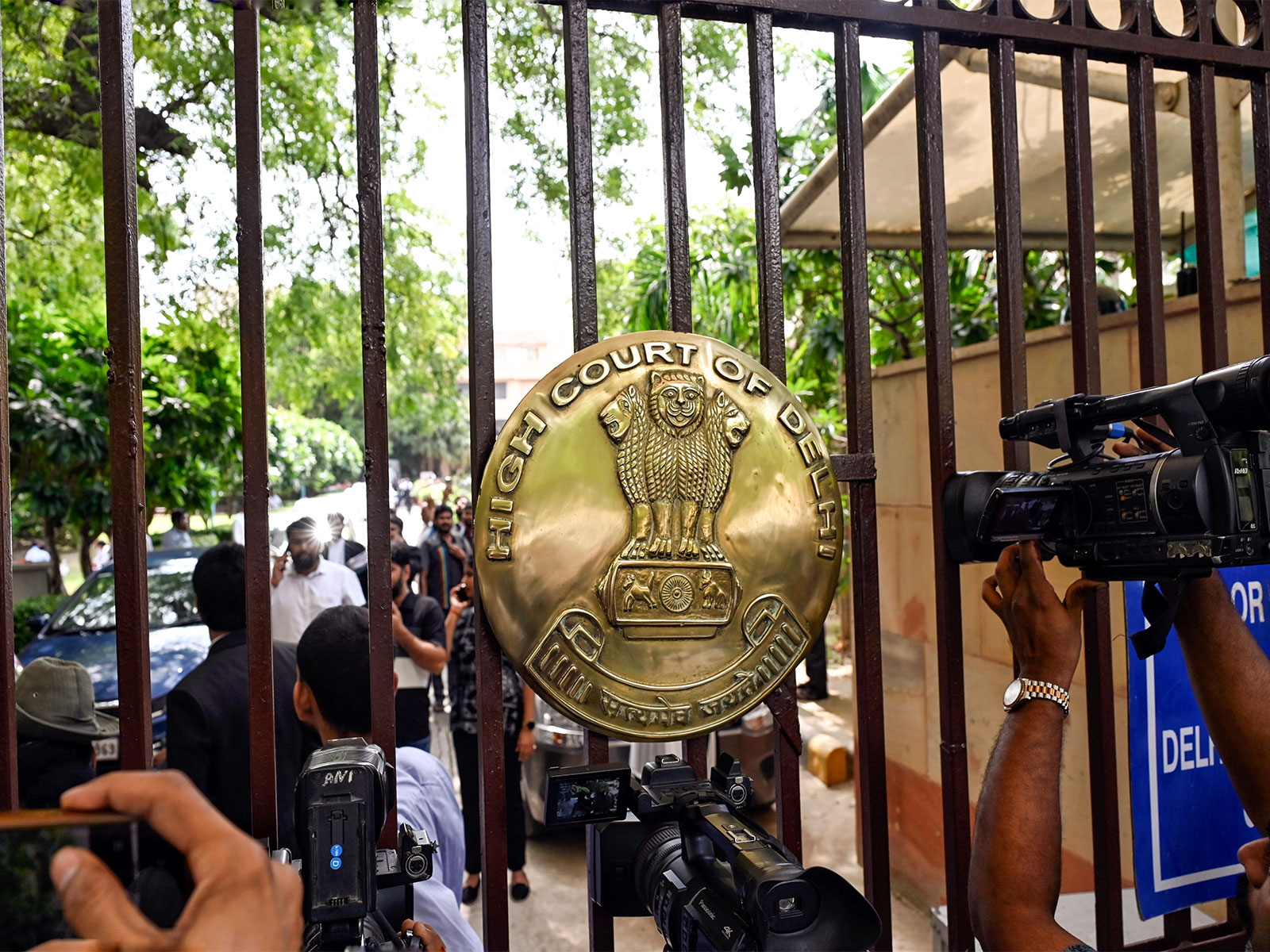
Delhi HC to examine constitutionality of tax provision on interest from land acquisition compensation
Oct 27, 2025
New Delhi [India], October 27 : The Delhi High Court has agreed to examine the constitutional validity of Section 56(2)(viii) of the Income Tax Act, 1961, which imposes tax on the interest received on enhanced compensation arising from the compulsory acquisition of land.
A Division Bench of Justice V Kameswar Rao and Justice Vinod Kumar, while hearing a plea filed by Suresh Kumar, a farmer based in Gurugram, Haryana, directed that the matter be listed for hearing on November 24, to decide the question of vires (constitutionality) of the impugned provision.
The petitioner, represented by Advocates Tripurari Ray and Atul Wadera, has challenged the inclusion of interest received on compensation under Section 56(2)(viii) as "income from other sources," contending that such interest is an inseparable part of the compensation awarded for compulsory acquisition of agricultural land under Section 28 of the Land Acquisition Act, 1894.
It has been argued that compensation forthe acquisition of agricultural land, including any interest thereon, is specifically exempt from taxation under Section 10(37) of the Income Tax Act.
Therefore, bringing it under the purview of taxable income through Section 56(2)(viii) is unconstitutional, discriminatory, and violative of Articles 14, 19(1)(g), and 21 of the Constitution of India.
The petition asserts that the provision unfairly treats compensation for agricultural land and non-agricultural land alike, thereby infringing upon the petitioner's rights to equality and to livelihood as guaranteed by the Constitution.
The writ petition follows a previous petition filed by the same petitioner, which was dismissed earlier on the ground of the availability of an alternative statutory remedy.
In the present case, the petitioner clarified that the earlier order does not bar the maintainability of this writ, since there was no adjudication on merits and the dismissal was procedural in nature. The principle of res judicata, it was argued, does not apply in cases where the earlier petition was dismissed without a speaking order, withdrawn, or disposed of on grounds such as an alternate remedy.
The current writ petition has been filed on the basis of a new cause of action arising from the order of the Income Tax Commissioner (Appeals) and the assessment order of the competent authority, which the petitioner claims are without jurisdiction.
It was further submitted that the assessment and appellate orders are void in law, as compensation for the acquisition of agricultural land stands exempt under Section 10(37) of the Income Tax Act, and any tax demand arising therefrom is illegal.
The petitioner has sought a declaration that Section 56(2)(viii) of the Income Tax Act is unconstitutional. Recognition that interest income on enhanced compensation for compulsory acquisition of agricultural land is tax-free as part of compensation under Section 28 of the Land Acquisition Act, 1894, and exempt under Section 10(37) of the Income Tax Act. Quashing of the assessment order dated September 29, 2021, and the appellate order dated October 15, 2024, which raised a tax demand of ₹1.37 crore.
However, counsel for the petitioner informed the Court that he would confine the petition only to the challenge against the constitutionality of Section 56(2)(viii), without pressing the reliefs related to the assessment and appellate orders, which have attained finality after dismissal of the Special Leave Petition before the Supreme Court.
The Division Bench has listed the matter for detailed hearing on November 24, 2025, at 3:00 PM, specifically on the issue of the constitutional validity of Section 56(2)(viii) of the Income Tax Act.
